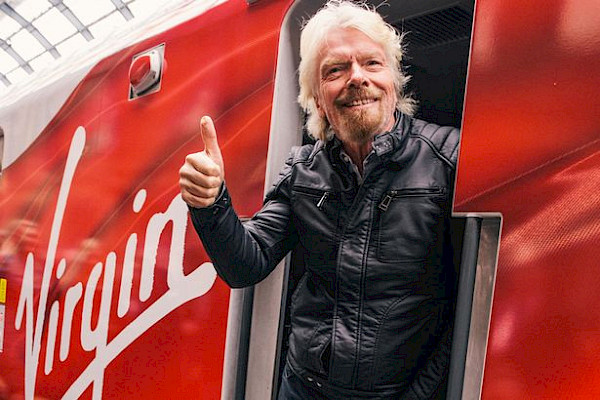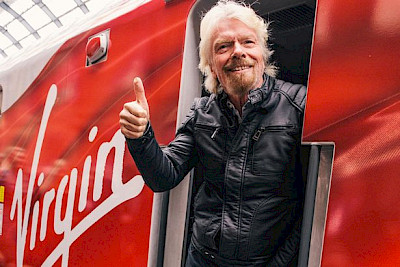
19 Feb 2019
By Henry Stewart
Last night I found we were out of recycling bags, without which Hackney Council won’t accept our recycling. So I went on the Council site and, in about 1 minute, ordered some new ones. But here’s the remarkable bit. By the time I left our house at 11am this morning, the bags had been hand delivered to our front door.
I was delighted. But I wasn’t too surprised, because that is the kind of service we have come to expect from our local Council. They are easy to get through to on the phone, and generally helpful and efficient. Indeed all the services we use, especially the local schools, are excellent.
Which leads me to ask, why can’t the private sector be as efficient as the public sector?
The biggest contrast is with our broadband/TV/phone supplier. We used to be with Virgin. However I got tired of having to put aside an hour to call them, knowing how long I would have to wait on hold. And then talk to somebody who would make clear promises and completely fail to deliver – leading to another hour on the phone, and another.
So we switched to BT, thinking they couldn’t be worse than Virgin. A big mistake. BT used to be quoted, back in the 80s and 90s, as a shining example of how privatisation produced more efficient service. I’m not sure what’s gone wrong but something certainly has, as the service we have received – at work and at home – has been abysmal.
At home the BT installation engineer left us with nothing working. The next engineer pointed out why, as the first guy had plugged everything into the Virgin box. The second engineer plugged it into the correct BT box but was “not allowed” to move the box to where it needed to be for the BT services to work, we’d have to call out another engineer to do that. The 3rd engineer didn’t turn up, leaving us about to spend a fourth morning at home waiting for the installation to be completed. The total compensation for this huge waste of our time? £10.
It isn’t just Hackney Council. There are a whole range of public services that are a delight to deal with. The NHS has helped me and my family out in so many situations. And I have been so grateful for NHS Direct, which kept me at home often but got me to rush to hospital on two crucial life-saving times with my children.
Or the police. Imagine if BT was in charge of the local police. “You’ve had a burglary? I think we can fit in a visit a week on Monday sometime between 8am and 1pm”.
With a few honourable exceptions (for me, John Lewis, First Direct and the Apple Store) it is hard to think of any parts of the private sector that give great service. And especially not those companies – like Capita, Serco and G4S – that have taken over public services.
Next time somebody tells you how efficient or customer focused the private sector is, ask them how easy it is to get through to somebody helpful from their mobile or broadband company on the phone.
So perhaps it is time that we stop asking if public services can be improved by being handed over to the private sector. I doubt that they can. Instead perhaps we should ask how private companies can learn to be as good as organisations in the public sector – and especially as good as Hackney Council.
This blog was first published here.


Comments
Andrew J Clubb 7 years ago
I have to agree about BT which has been brought to the lowest common denominator with the change to Open Reach for Privatisation
Reply
Amy 7 years ago
Worth bearing in mind that one of the companies the author gives as an example of good customer service (John Lewis) is actually owned by it's employees.
Reply
Richard Church 7 years ago
This article has it spot on.
The myth of private sector was a creation of the Thatcher years. Since 1979, business has become solely focussed on excessive profits with the service ethic going out of the window. This is hardly surprising given that one of Mrs Thatcher's favourite businessmen was Stanley Kalms.
Anyone who had the dubious pleasure of shopping in Dixons will recall the 'box shifter' philosophy that prevailed. Under staffed shops, staffed by emplyees who were obviously untrained and knew zero about the products they were selling. Sadly, this mentality seems to have spread across nearly the whole of the private sector.
Reply
gerait vincent 7 years ago
You miss the point that private companies don't provide a full service - Lewis don't employ cleaning staff for example, Apple use slave labour, First Direct are a finance company so by definition abusive
Reply